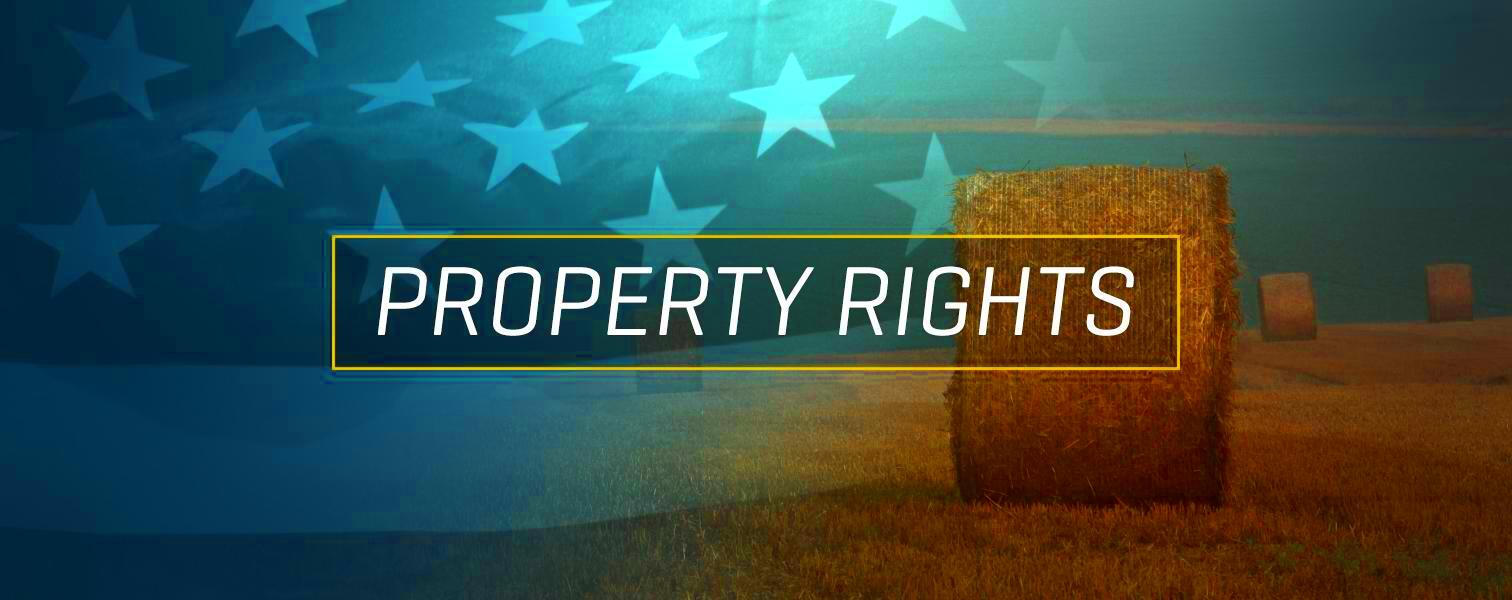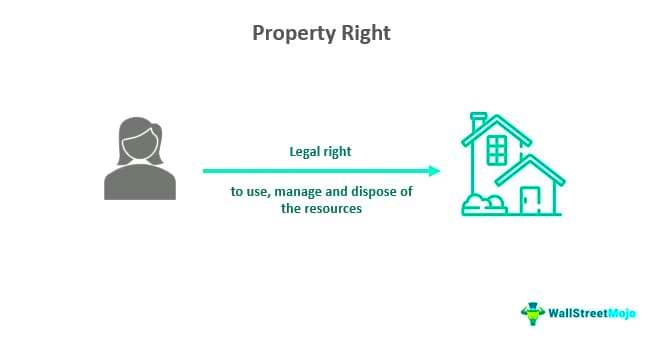Key Facts About Wisconsin Property Rights
In Wisconsin, property rights are essential for homeowners and landowners. These rights define how one uses, enjoys, and manages their property. Everything from putting up a fence to selling your home can be affected by these rights. By understanding your rights you will be able to make better choices, as well as keep your investments safely guarded.
In the state of Wisconsin, property rights are derived from both state and federal laws. These rights include:
- The right to own and use property.
- The right to transfer ownership through sale or inheritance.
- The right to exclude others from using your property.
In the United States, understanding these rights is vital because they are the foundation upon which property laws stand.
Types of Property Ownership in Wisconsin

There are various types of property ownership recognized by the state of Wisconsin and each comes with its unique legal consequences. Here is a brief overview:
| Type of Ownership | Description |
|---|---|
| Fee Simple | Full ownership of the property, including the land and any buildings. The owner can sell, lease, or will the property as they wish. |
| Leasehold | Temporary ownership where the property is rented for a specified period. After the lease ends, the property reverts to the owner. |
| Tenancy in Common | Ownership by two or more people where each owner holds a distinct share of the property. Shares can be unequal and can be sold or transferred independently. |
| Joint Tenancy | Similar to tenancy in common, but with rights of survivorship. If one owner dies, their share automatically passes to the surviving owners. |
Legal Protections for Property Owners
Different owners of properties get various legal protection from the State of Wisconsin. These legal measures are aimed at ensuring that your rights remain intact and that equity prevails in property-related issues. Some important protective measures include:
- Adverse Possession: This allows someone to claim ownership of land if they have continuously occupied it for a specific period without permission.
- Easements: These are legal rights to use someone else’s property for a specific purpose, such as utility access.
- Environmental Protections: Laws that protect your property from pollution or other environmental hazards.
- Land Use Regulations: Local zoning laws dictate how property can be used and developed, ensuring orderly growth.
As a property owner in Wisconsin, knowing these legal protections is crucial for upholding your rights. They enable you to tackle problems and promote your interests.
Buying and Selling Property in Wisconsin
Buying or selling property in Wisconsin can be exciting yet complex. For first-time buyers or seasoned sellers, understanding that every stage of this transaction process is important. From negotiating the price to closing the deal, each stage requires detailed attention.
In Wisconsin, it is broken down into some of the important procedures when it comes to purchasing and selling a property:
- Finding a Real Estate Agent: A knowledgeable agent can help you navigate the market, set a fair price, and handle paperwork.
- Making an Offer: When you find a property you like, you’ll submit an offer that includes the price and any conditions.
- Home Inspection: It’s wise to get a professional inspection to identify any potential issues before finalizing the purchase.
- Closing Process: This is the final step where ownership is transferred. You’ll review all documents and settle costs before receiving the keys.
In purchasing or selling, it is paramount that you think of aspects such as financing alternatives, inspection documents and trends in the area’s market. You can use this information to guide yourself in decision making so as to be able to realize your objectives in realty.
Land Use Regulations and Zoning Laws
The significance of zoning laws and landuse control in property establishment and utilization is seen in Wisconsin. It gives orderliness to its growth, protects its values from depreciation caused by encroachment measures, and guarantees safety for its residents.
The following is a summary of zoning designations that you may come across:
| Zoning Type | Description |
|---|---|
| Residential | Areas designated for housing, including single-family homes and multi-family units. |
| Commercial | Zones meant for businesses, including retail stores, offices, and restaurants. |
| Industrial | Areas set aside for manufacturing, warehouses, and distribution centers. |
| Agricultural | Land primarily used for farming and related activities, often with specific restrictions. |
It is important that we know the rules and regulations of zoning because this will determine where certain things can be placed.Consult with your local zoning office before engaging in any property development or modification to ensure compliance.
Property Taxes and Assessments
In Wisconsin, possession of real estate entails property taxes which are vital. Local services such as schools, roads and emergency services rely on these taxes for their funding. Effectively budgeting by having knowledge on how property taxation and assessment works will prevent unexpected expenses.
There are several key aspects to be noted when discussing property taxation in Wisconsin:
- Assessment Process: Properties are assessed annually by local officials to determine their market value, which affects tax bills.
- Tax Rates: The tax rate is set by local governments and can vary widely based on location and services provided.
- Exemptions: Certain properties may qualify for tax exemptions, such as those owned by non-profit organizations or veterans.
- Appeals Process: If you believe your property assessment is unfair, you have the right to appeal to a local board of review.
Such knowledge can enhance your financial management and guarantee that you are paying the right price for your property.
Resolving Property Disputes
Many reasons can lead to property disagreements like yard issues, right-of-ways, landlords and tenants’ conflicts among others. Although these conflicts may be frustrating and complex, they can be handled in a way that helps bring about peace. Therefore, it is important for people who own land to understand what types of disputes are common and how to resolve them.
In this context, there could be various types of disputes regarding properties that one may face:
- Boundary Disputes: These involve disagreements over where one property ends, and another begins, often requiring surveys or legal intervention.
- Easement Conflicts: Disputes may arise when one party believes they have the right to use another’s property, such as for access or utilities.
- Landlord-Tenant Disputes: Issues can occur regarding rent payments, lease terms, or property maintenance.
- Adverse Possession Claims: These disputes involve claims that someone has gained legal ownership of a property through continuous and unauthorized use.
These are the following measures that may be taken to settle the squabbles:
- Open Communication: Often, discussing the issue openly can lead to a resolution without further conflict.
- Mediation: A neutral third party can help both sides reach an agreement without going to court.
- Legal Action: If all else fails, legal intervention may be necessary, so consult with an attorney to understand your options.
Resources for Property Owners in Wisconsin
The provision of resources for property owners to learn about their rights and obligations is available in Wisconsin. It is essential to know where one can get assistance when buying, selling or managing a property. These are some helpful resources:
- Wisconsin Department of Revenue: Provides information on property taxes, assessments, and exemptions.
- Wisconsin REALTORS® Association: Offers guidance on buying and selling real estate, including forms and contracts.
- Local Zoning Offices: Your local government can provide zoning regulations and land use plans relevant to your property.
- Legal Aid Services: Organizations like Wisconsin Judicare offer free or low-cost legal assistance for those facing property issues.
- Neighborhood Associations: Many areas have associations that help resolve community issues, including property disputes.
By employing these tools, you can become a powerful homeowner and make well-informed choices about your home.
FAQs About Wisconsin Property Rights
The rights and responsibilities of many property owners are unknown. Listed below are some of the frequently asked questions that may address some general mind concerns:
What are my property rights in Wisconsin?
In Wisconsin, property rights encompass the rights to have, make use of, and transfer your land as well as prohibit others from entering it.
How can I resolve a property boundary dispute?
Firstly, get in touch with your neighbor about this matter. You may need to employ a surveyor or ask a lawyer to intervene in the argument if that becomes essential.
What should I do if my property is assessed too high?
This assessment can be appealed by you. Collect evidence from the similar property values and present your case before the local board of review.
Are there any exemptions for property taxes?
Yes, there are exemptions for some properties such as those owned by the veterans and by non-profit organizations. You need to check with your local assessor for more facts.
How can I find a good real estate attorney?
Ask your friends or local bar associations for suggestions. Browse through online reviews and check whether they are experienced in property law in Wisconsin.
When you comprehend this typical inquiry, it is right to say that you will be sure in finding your way through the intricacies of property ownership laws in Wisconsin.
Conclusion on Wisconsin Property Rights
Any person who intends to own or has property in the state must be able to understand the property rights. This enables you to make the right decision regarding your investments and use of land that is equitable, as you will have a clear grasp on your obligations, privileges as well as resources. Do not let yourself get lost in the law; instead take charge by finding out more about it and getting help when necessary so that you can respond confidently to any issues that arise. In Wisconsin, if you know what you are doing during property transaction, it is almost impossible for anyone else to take advantage of you at any point in time.


